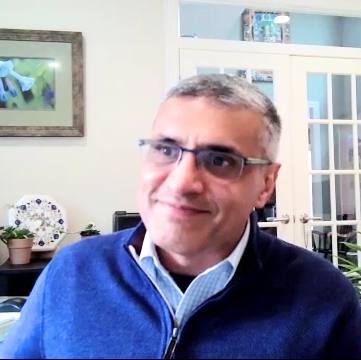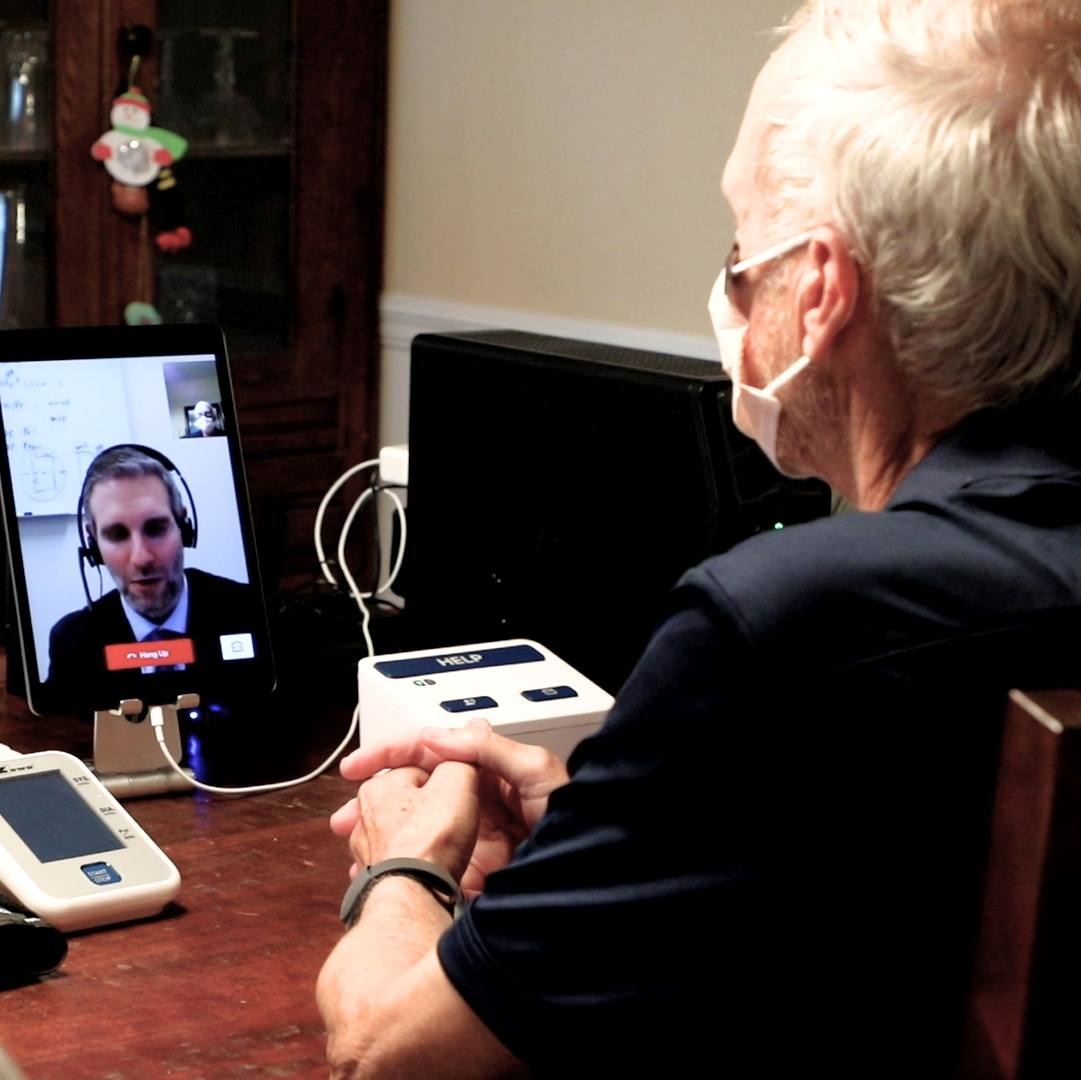
Surgery
New year, new focus on health: Mayo Clinic expert highlights effective treatment options for obesity
ROCHESTER, Minn. — As the new year begins, people around the world resolve to improve their health. For some adults living with obesity, lifestyle changes[...]
Latest stories


COVID-19
September 11, 2020





Explore more topics
 Sign up
Sign up

Mayo Clinic Connect
An online patient support community
